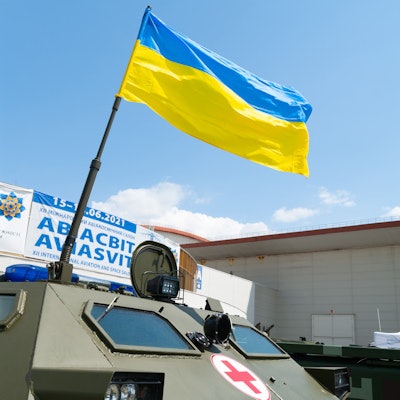
Radiologists from Ukraine are providing graphic details about the impact that the Russian invasion of their country has had on their lives. They are facing major disruption to their work, and they have even feared for their own survival.
In messages to AuntMinnie.com, Ukrainian radiologists told of the hardships they've endured since the Russian assault began on February 24. One young radiologist has already become a refugee after fleeing to a neighboring country, while others report bombardments and air attacks nearby. All are appealing to the global community to hear their calls for assistance.
The following email was sent on February 27 to AuntMinnie.com by Dr. Olga Chuvashova, head of the department of neuroradiology and radiosurgery at the Institute of Neurosurgery in Kyiv.
"We survived and are alive today. There was a strong attack three times in the night. At 4:00, Stealth bombers flew from Belarus to Kiev, ours were shot down. Now the battle is close to us, but our defense is fighting heroically.
"The Russians blew up a gas depot near Kiev, there is pollution in the air. We have been warned there will be a heavy bombardment in 30 minutes. We will be in the bathroom, where there are no windows, but there are strong walls. It is more dangerous in cars or underground, there is gasoline there and it can catch fire. Pray for us!"
Another radiologist, Dr. Iryna Vasyliv, works in a private hospital, Omega Kyiv. Her main role is the interpretation of oncologic imaging on CT and MRI. On February 24, all staff at her hospital received messages to stay at home.
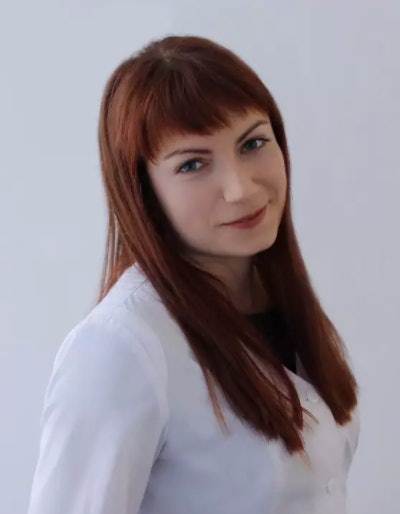 Dr. Iryna Vasyliv has fled from Kiev and is now living in Poland. Image courtesy of Mindy Support.
Dr. Iryna Vasyliv has fled from Kiev and is now living in Poland. Image courtesy of Mindy Support."My native town is Lviv, I don't have any relatives in Kyiv -- nobody. I was scared, so I decided to go to work. I tried to keep calm, but the news was terrible. I reported patients' scans from 23 February, but the list of patients for 24 February got canceled. As far as I know, Omega Kyiv is closed now," she wrote on February 27.
Vasyliv participated in the Graz Tutorial, organized by the European School of Radiology (ESOR) in October 2018. She also took part in the Salzburg Weill Cornell Seminars and the ESOR Exchange Programme for Fellowships, working at a pediatric hospital in Amsterdam. She gave a lecture at ECR 2019 and was selected to moderate a session at ECR 2020, but the meeting did not take place. She has had a poster accepted at ECR 2022.
In an email on February 28, Vasyliv said that she and her family from Lviv had made it to Poland and were planning to stay there. She hopes to return to her country soon to pursue her dream of working in artificial intelligence (AI).
But right now, Vasyliv says she only has one dream: to bring back the safe sky in Ukraine and to stay alive.
"After this, I can beat AI," she wrote on February 27. "We need everybody to spread information about what is happening here. Hospitals have a lack of hemostatic medicine. The Russians are attacking pediatric and psychiatric hospitals."
Outside of Kiev
In more rural areas, the situation appears to be calmer -- at least for now.
The Israeli Oncologic Hospital, LISOD, is located about 35 km from Kiev in Pliuty village, Obuhovskiy district, and is operating in emergency mode.
"We are a rather small, highly specialized facility, providing exclusively oncologic care, so only inpatients requiring acute/emergency care are currently staying," radiologist Dr. Mykola Novikov told AuntMinnie.com. "The radiology department had to reduce its operations almost to a complete shutdown, reserving its facilities for the possible need of urgent imaging with teleradiology solutions in place."
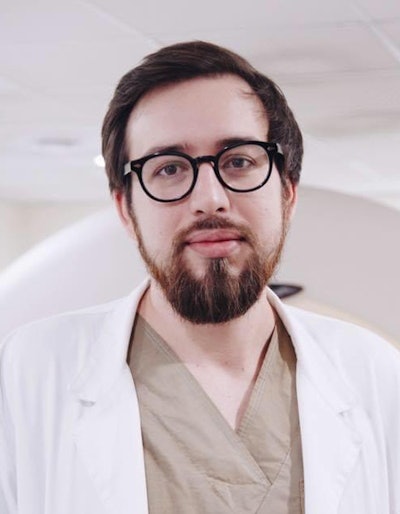 Dr. Mykola Novikov fears that many trauma patients will soon arrive at the hospital outside Kiev.
Dr. Mykola Novikov fears that many trauma patients will soon arrive at the hospital outside Kiev.He said he has received many messages of solidarity from colleagues across Europe and beyond and highly appreciates this support. He urges everyone to spread information about ongoing events.
"Despite existing conventions and basic moral principles, several healthcare facilities across Ukraine already have been targeted and affected by warfare and their workflow has been disrupted or restricted. We need guarantees for healthcare facilities, including ours, that they will not become a target of artillery or airstrikes," Novikov noted.
An increasing number of trauma patients – including those with combat trauma, blast, and ballistic injuries -- is expected, he continued.
"Consultations with experts-in-the-field, especially those with extensive experience of imaging such patients, will be highly appreciated, particularly taking into account that teleradiology solutions facilitate such an inter-institutional approach," he stated.
Novikov hopes to continue to work in multidisciplinary and multi-institutional projects, including the Ukrainian lymphoma study group, whose results were presented at ECR 2018.
Also, AuntMinnie.com has received messages from the Russian medical imaging community, saying that radiologists in Russia desperately want the war to end quickly.
They are very keen to continue the cooperation and friendship that they have enjoyed over the years with Ukrainian colleagues. They say they want collaboration to resume as soon as possible, without any political interference.
Statement from ISMRM
Meanwhile, at least one professional society has already responded to the crisis.
The president, vice president, and executive director of the International Society for Magnetic Resonance in Medicine (ISMRM) released the following statement on February 27:
"Russia's action against Ukraine represents naked aggression towards a free and independent nation, and upon the bedrock of democracy itself. As a Society of conscience, the ISMRM condemns this aggression wholeheartedly and unequivocally.
"To all impacted, please know that the ISMRM community is with you and that you are not alone. We urge each of you to offer support to all those impacted by these terrible events. Even small acts of compassion and kindness are needed now more than ever. Together, we are one ISMRM and we must lean on each other as the storm rages in Ukraine.
"We also urge you to reach out to international relief agencies who are rapidly mobilizing aid to address the looming humanitarian crisis, by donating to an organization of your choice. We also urge you to implore your local government to do what they can to ease the suffering of those impacted by these attacks.
"Our thoughts and prayers are with the Ukrainian people and all those impacted by these devastating events. If we have learned one thing during the last two years of the pandemic, it is that by working and standing together, we are stronger."
Statements from other societies may well follow over the coming days.


.fFmgij6Hin.png?auto=compress%2Cformat&fit=crop&h=100&q=70&w=100)
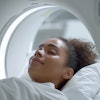

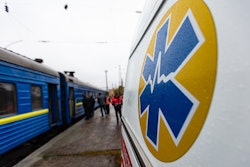
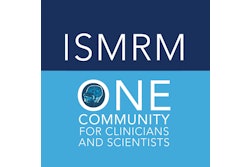

.fFmgij6Hin.png?auto=compress%2Cformat&fit=crop&h=167&q=70&w=250)











